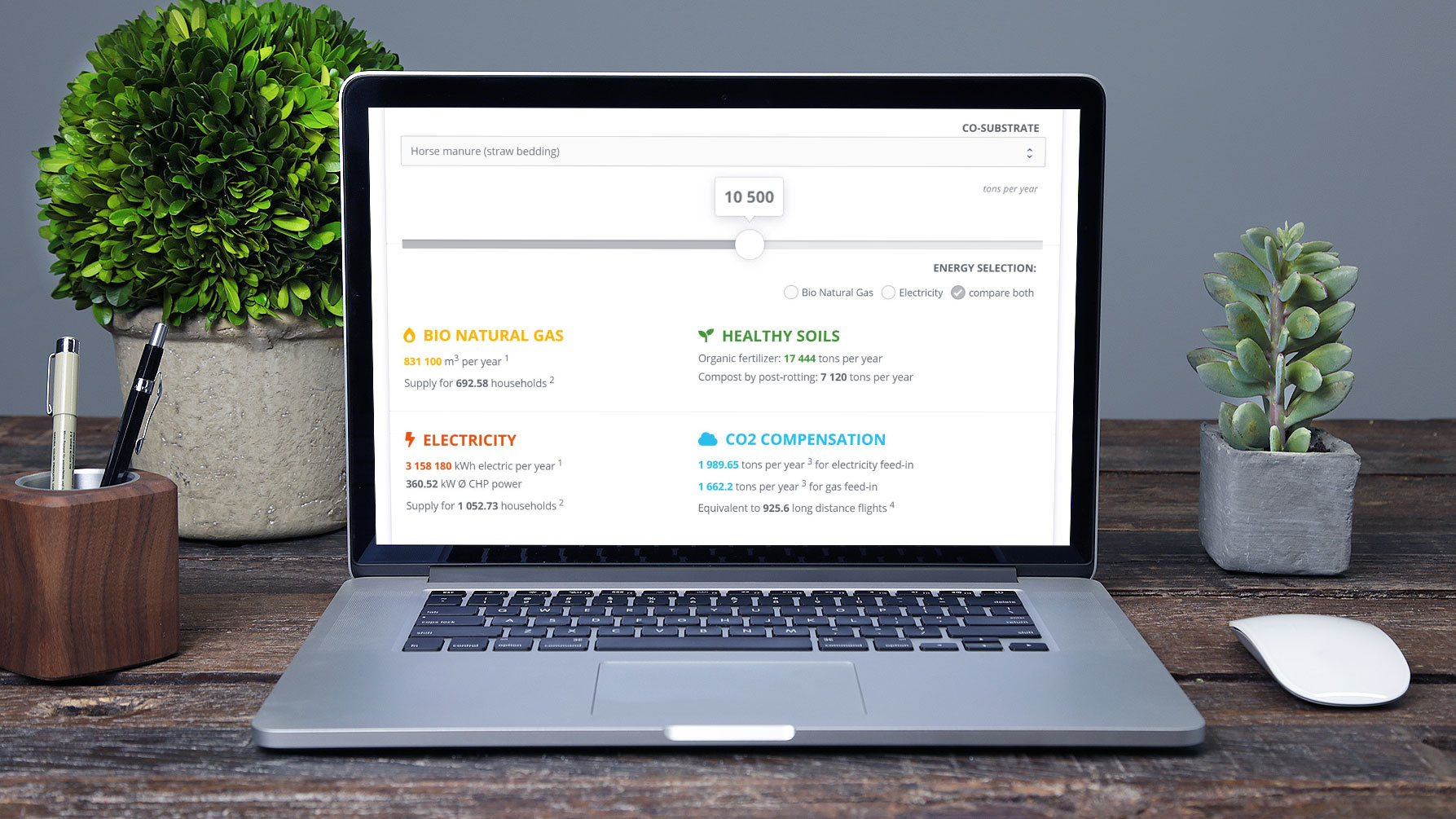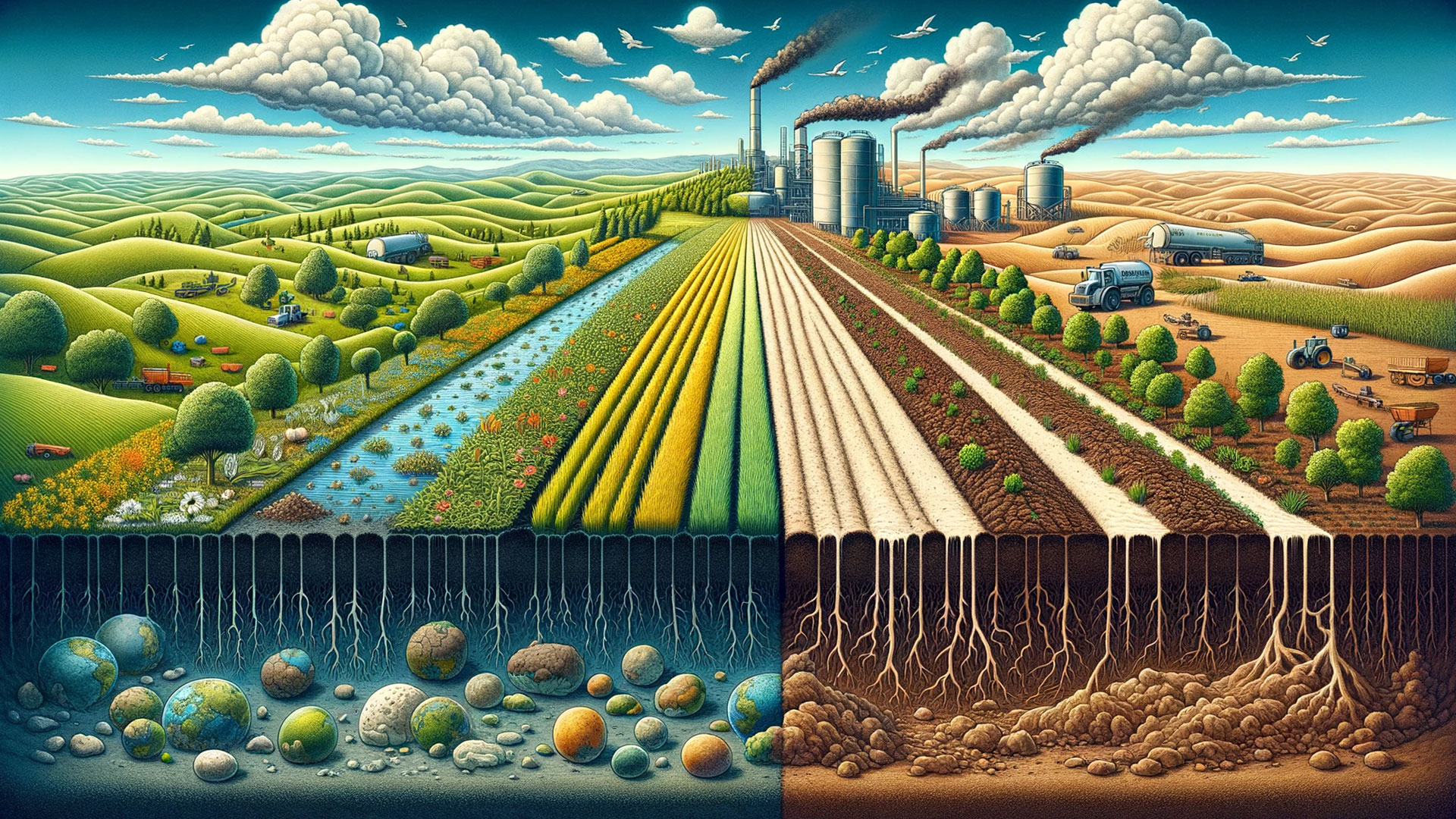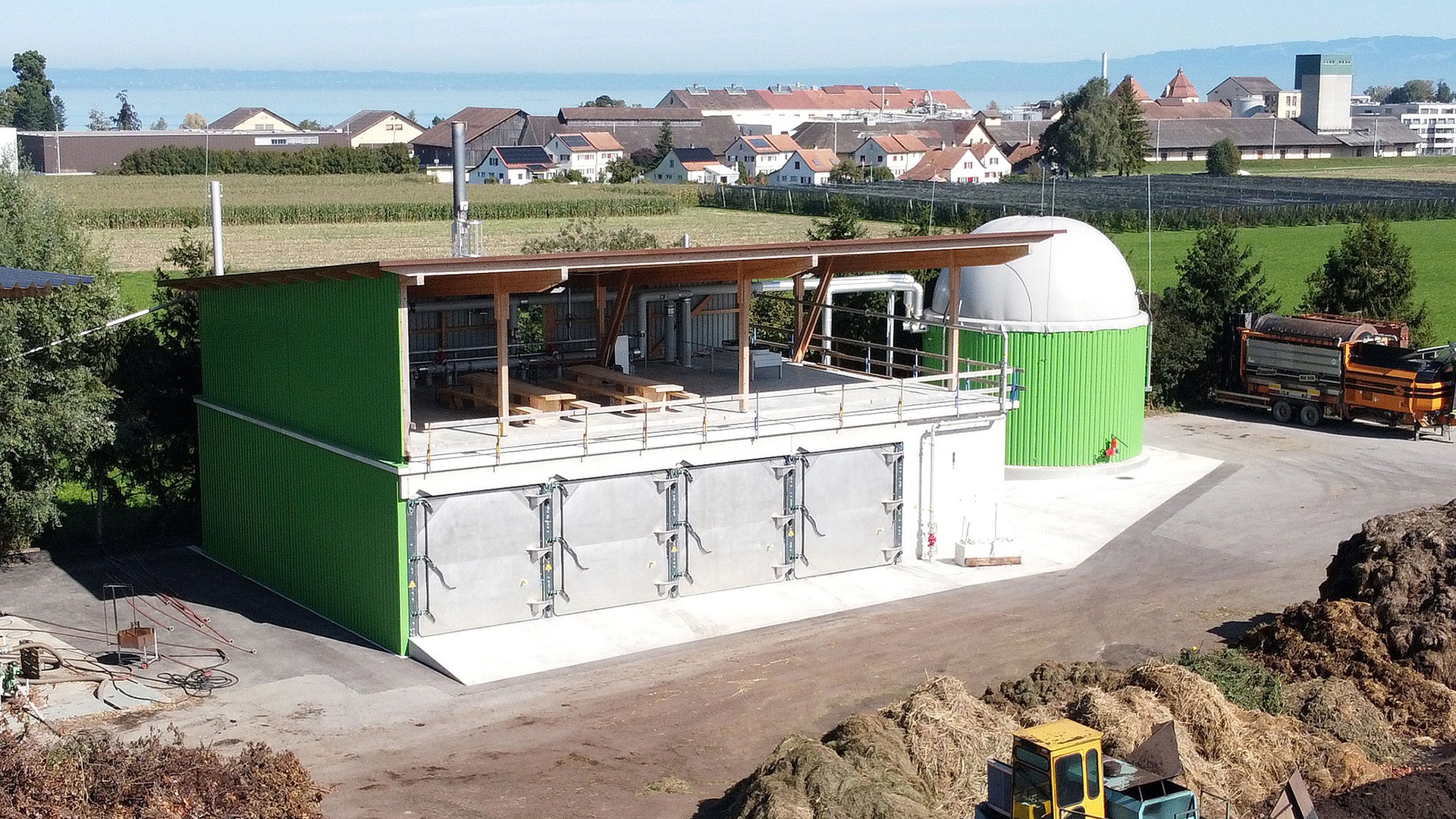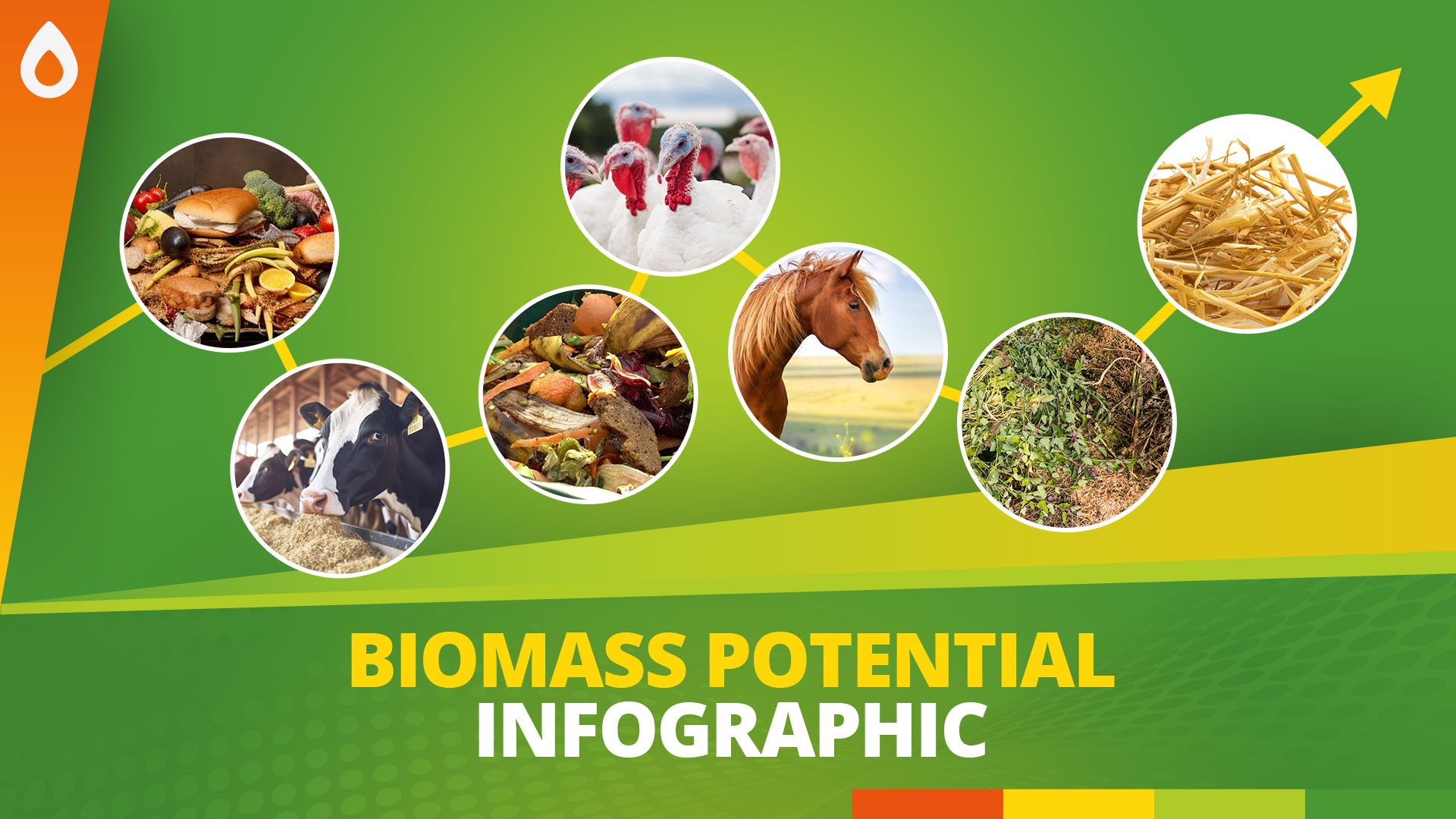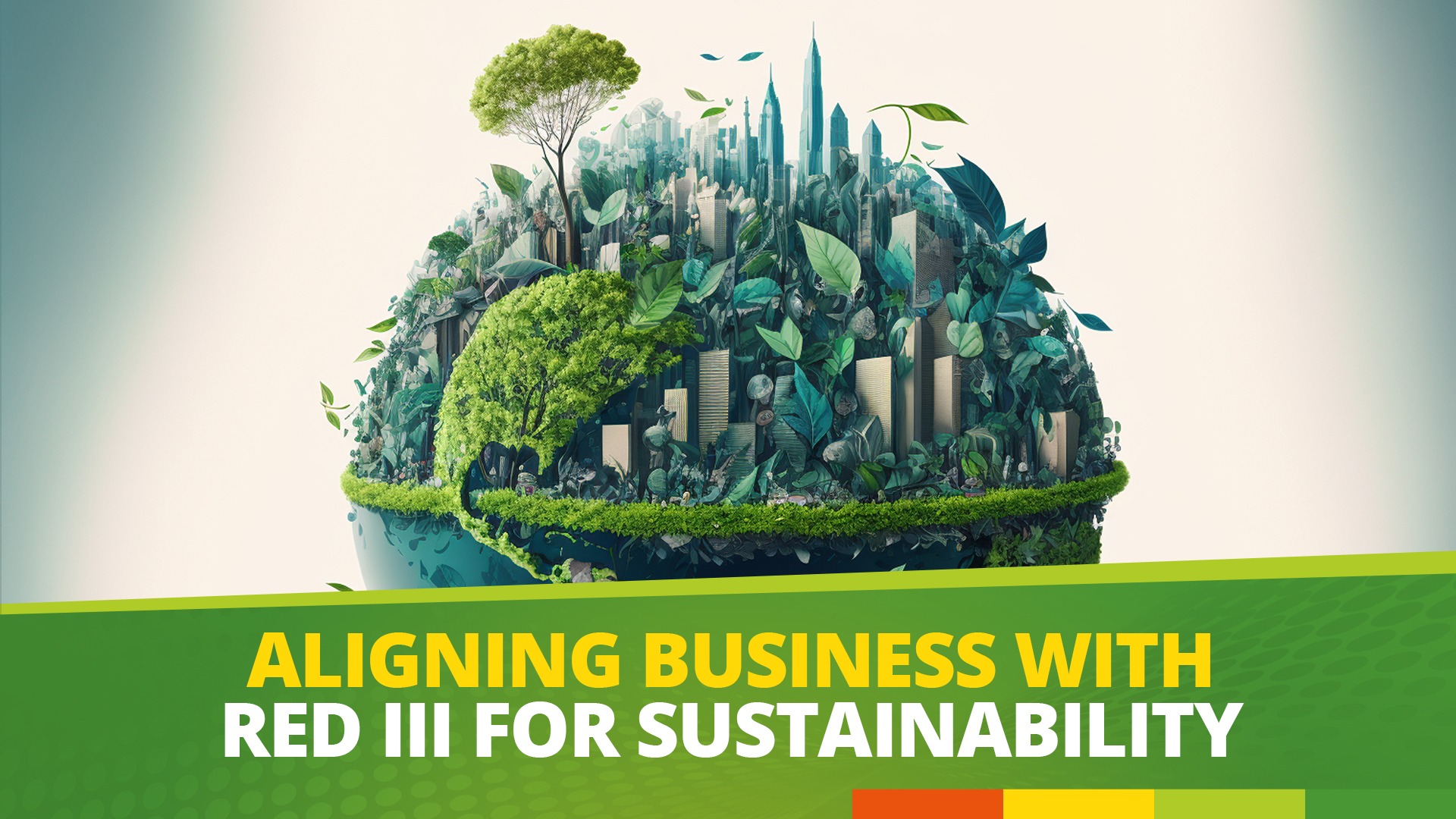What are the investment costs for a biogas plant?
The answer to total costs for a biogas plant depends on many factors.
As we are based in Switzerland we act as a general contractor for turnkey projects in Switzerland and Germany. For international projects, we provide design and engineering services, as well as know-how on a license model to enable our local partner to build and operate a biogas plant. Almost all components can be purchased at the local price level in the respective country. Concrete and steelworks have to be done locally, and that´s a major part. The only physical thing Renergon supplies is the PCL with our software. So each project can be implemented cost-effective on the local price level of labor services and equipment.
Biogas plants for the solid-state anaerobic digestion SSAD (stackable biomass, solid manure) stand for huge growth potential in renewable energy worldwide and are increasingly attracting the attention of numerous farmers, waste disposal companies, and investors. But for whom and under which conditions is a biogas plant attractive? When does the investment cost of a biogas plant pay off?
With our biogas potential simulation, we would like to give you a first orientation for energy potentials and possible revenues.
To operate a dry biogas plant as successfull an efficient and sustainable use of all available resources is necessary.
This includes the comprehensive use of the energy obtained (gas, electricity and heat), as well as the use of the digestate (organic fertiliser). Partnerships for the delivery of waste biomass, as well as sales of the produced main and by-products can result in win-win situations.
CHECKLIST – At best, many of these statements apply to you:
- Farmer, livestock farmer (horses, cattle, poultry)
or a disposer (municipal biomass) - Constant incoming stream of solid manure, green cut or biowaste
- Expandable area for the construction of a biogas plant
- Good relations with neighbouring farmers or communities for the development of partnerships
(electricity, heat, gas, trade in substrates, fertilisers and compost) - Considerations or plans in the community for the expansion of the energy networks (electricity, heat, gas)
- Only few biogas plants for the disposal of organic residues in your region
- Already own or operate a composting facility and want to use it for energy recovery (cascade use)
